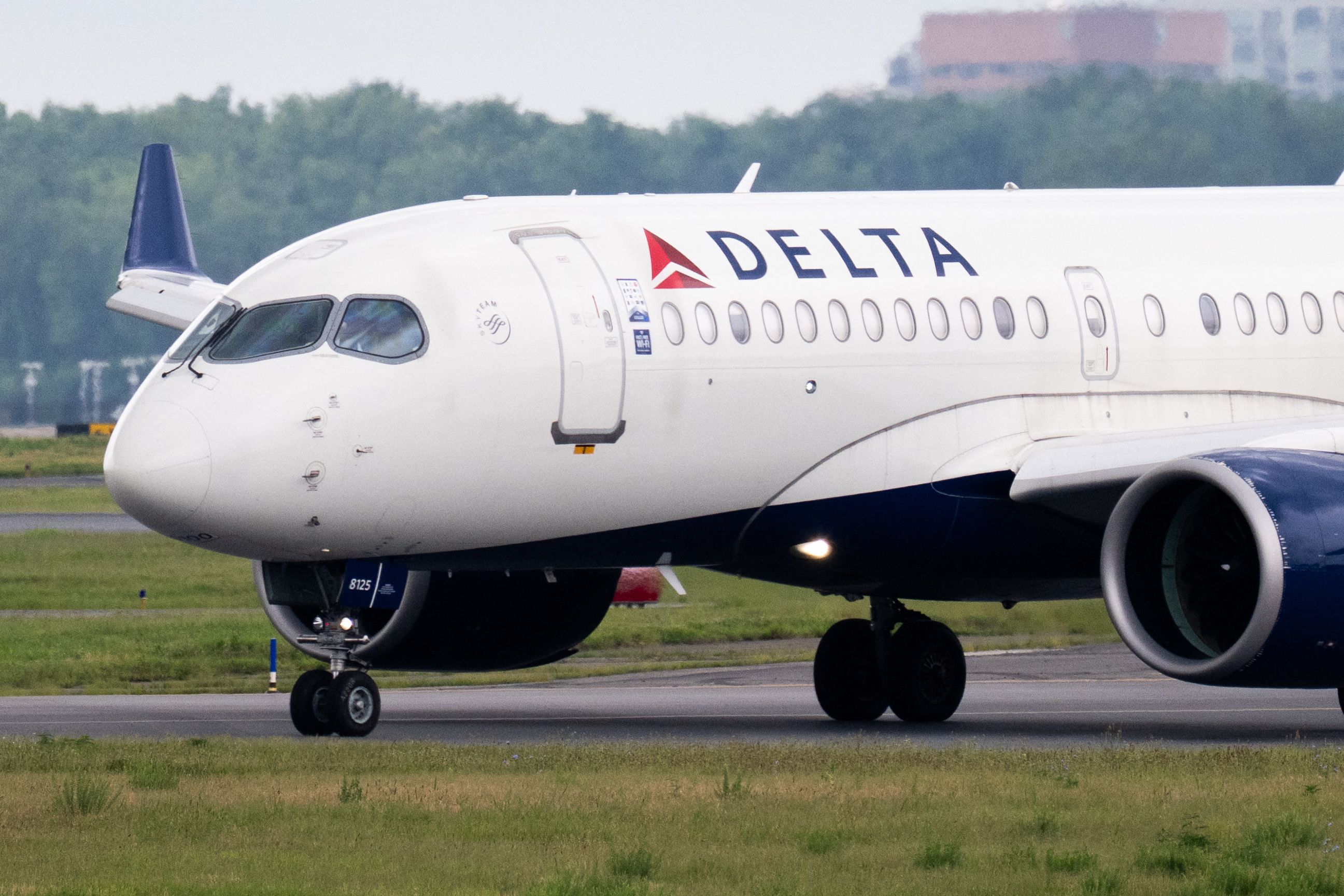TL;DR
- - Delta's AI spots market trends, not individual pricing
- - Planned deployment covers 20% of domestic network
- - Technological oversight crucial amid legislative pressure
- - Investment Thesis: AI-enhanced pricing reshapes industry competitiveness
Delta Air Lines has unveiled details about its AI-driven dynamic pricing system after facing scrutiny. Initially perceived as targeting individual customers, it turns out the AI tool functions as a broader market response model. This pivot matters as it shapes competitive strategies in the aviation sector, balancing innovation with regulatory vigilance.
Opening Analysis
Delta Air Lines has recently drawn significant attention with its AI-assisted pricing strategy, leading to public and legislative scrutiny. Originally misunderstood as personalizing prices for individual customers, Delta has clarified that its tool, developed by Fetcherr, is used as a decision-support mechanism. By leveraging aggregated market data, it enables real-time pricing adjustments informed by competitive dynamics rather than individual characteristics.
Market Dynamics
The emergence of AI pricing in air travel represents a paradigm shift in how airlines operate within highly competitive markets. By focusing on aggregated data, Delta addresses concerns over potential ethical pitfalls while enhancing its ability to react to market changes. Competitor airlines may need to evaluate similar technological integrations to maintain a competitive edge, unveiling opportunities for tech partnerships aimed at seamless integration of AI in their operations.
Technical Innovation
The AI developed by Fetcherr allows Delta to process vast amounts of data quickly, assuming the role of a 'super analyst' that adapts to market variables. Unlike traditional methods, this AI model offers airlines the potential to maximize flight profitability by dynamically adjusting prices based on demand surges, competitor fares, and general travel trends, without infringing on privacy norms.
Financial Analysis
During a recent earnings call, Delta confirmed plans to activate this model on 20% of its domestic flights by year-end. This strategic rollout could lead to a 15-20% operational enhancement as the AI model fine-tunes fare structures in real-time. The financial implications extend beyond immediate profitability to include long-term strategic positioning favorably when examined against market leader adaptability.












